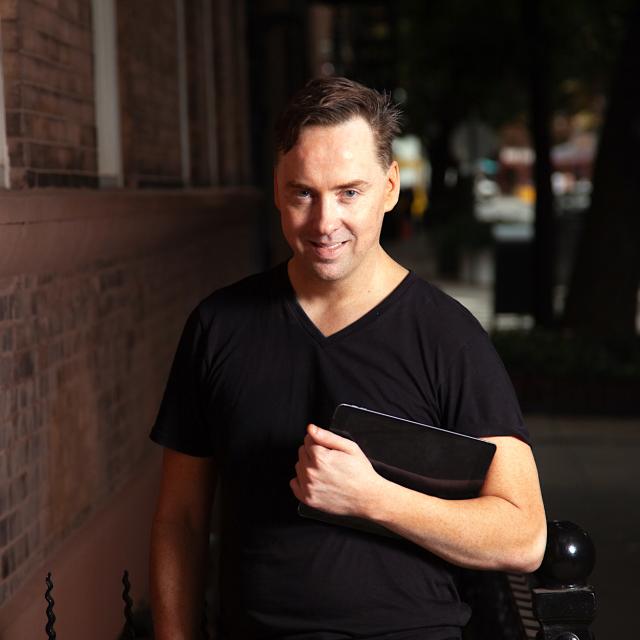Introducing: Yungyung Guo
The 20-year old Shanghai Pianist talks about her experience at The Gurwitz intl. Piano Competition in San Antonio, Texas
Born in Hong Kong, Yungyung Guo began her piano study at the age of four. She is currently studying with Moye Chen at the Shanghai Conservatory of Music. She previously graduated from the Affiliated Middle School to the Shanghai Conservatory of Music under the guidance of Jia Xie. Yungyung was awarded the Third Prize from the Sydney International Piano Competition, the Gold Medal with High Distinction from the Manhattan International Music Competition, and several other awards.
Yungyung has performed at the Basilica Di San Pietro Concert Hall (Italy), and renowned Chinese venues such as National Centre for the Performing Arts (Beijing), Shanghai Grand Theatre, Shanghai Concert Hall, Shangyin Opera House, He Luting Concert Hall, Hangzhou Grand Theater, Shangyin Opera House, Ningbo Concert Hall and Hongtai Concert Hall in Xiamen.
WFIMC: The Gurwitz Competition was your first visit to the United States?
Yungyung Guo: Yes! The competition provided host families for all selected competitors, and I was lucky to stay with incredibly warm and friendly people. They really made me feel at home.
It must be a rather different lifestyle- a big change from Shanghai to San Antonio, Texas.
Yes, very different lifestyles - buildings, rooms, supermarkets - everything looks different. But of course, the biggest difference is the time zone, which made it the biggest challenge too. In this year’s competition I was the only pianist traveling from Asia, and handling such 14 hours time difference was tough, especially right before an important performance!
The Gurwitz was your second international competition, after winning last year in Sydney. How was your experience in San Antonio?
The competition was great, very well organised, very nice people and they have a great audience. In a way, it is more intense as they only invite 12 people, and everyone has to play a lot of repertoire. Both first and second rounds, you need 50 minutes of music. And you have only one day in between the rounds. So I think it’s actually quite a challenge for the performers.

How did you prepare mentally for the competition? There is a lot of stress, a lot of pressure. Are you usually nervous before performances?
The stress or pressure before a performance, or before a competition, is really inevitable. This is normal, as we want to play perfectly. I must face and overcome pressure instead of trying to escape from it. It’s important to memorise the music well so you can practice not only on the keyboard, but also in your mind.
You “think” your way through the music?
Yes. I think it’s a very important element in my preparation. We cannot always practice, sometimes we may feel tired, our muscles and fingers do not work accurately, so it’s very useful and helpful to practice in your mind - through an “imaginary” approach rather than on a real grand piano. Moreover, the music itself often gets me excited so I am not going to get tired. I won’t fall asleep when I think of certain pieces.
Do you do the same thing before you go on stage?
Yes! It gives me a certain safety. I can just look over the music of the entire round and see what I need to practice again.
You mentioned the Schubert Bb Major. Why did you choose this piece?
The first time I listened to Schubert D. 960 was in 2019 when I was still a high school student. I listened to this sonata while I was studying English literature, the music impressed me deeply so that I dreamed of playing it in future. But I realised it’s very special music and I was still too young to play this unique sonata. In September of last year, my teacher gave me two options when I decided to participate in The Gurwitz, one was to continue playing Beethoven Diabelli Variations, since I had performed it in The Sydney; the other one was learning a new piece - which was Schubert D. 960. Both are great masterpieces that I love very much, but how wonderful it is if I have an opportunity to play D. 960 on a big stage! Of course this piece is really difficult and the music is really deep, profound and consummate.
The piece is also very long.
Yes the first movement lasts around 15 minutes, and the tempo is “Molto moderato”. In principle, it’s challenging to perform this Sonata in a competition, especially in the first round. It’s not easy to keep everything accurately. The second movement too, when you play a slow movement after a “Molto moderato” movement, the most crucial is how to move your audiences during such 25 minutes and without any fast section. When I perform this sonata, I always push myself to bring a “particular mood” and to enter a “mentally virtual” world. I have to get rid of all the unnecessary thoughts in my brain. Once I get into this kind of mindset, everything seems to go easier.
©WFIMC2024
Photos: ©Y. Guo






